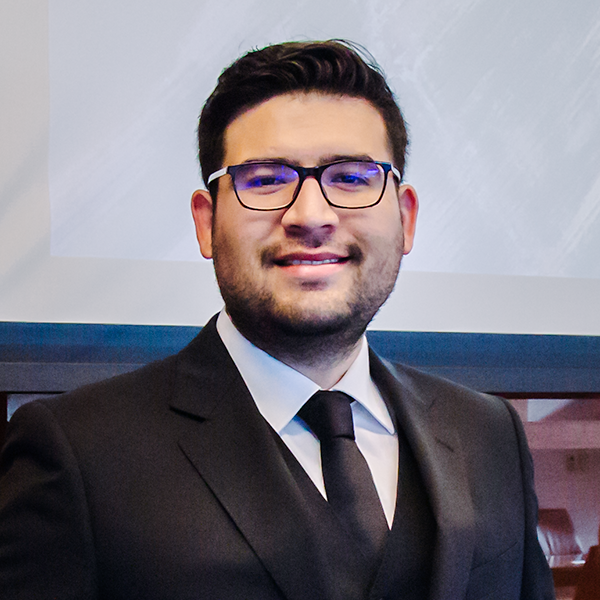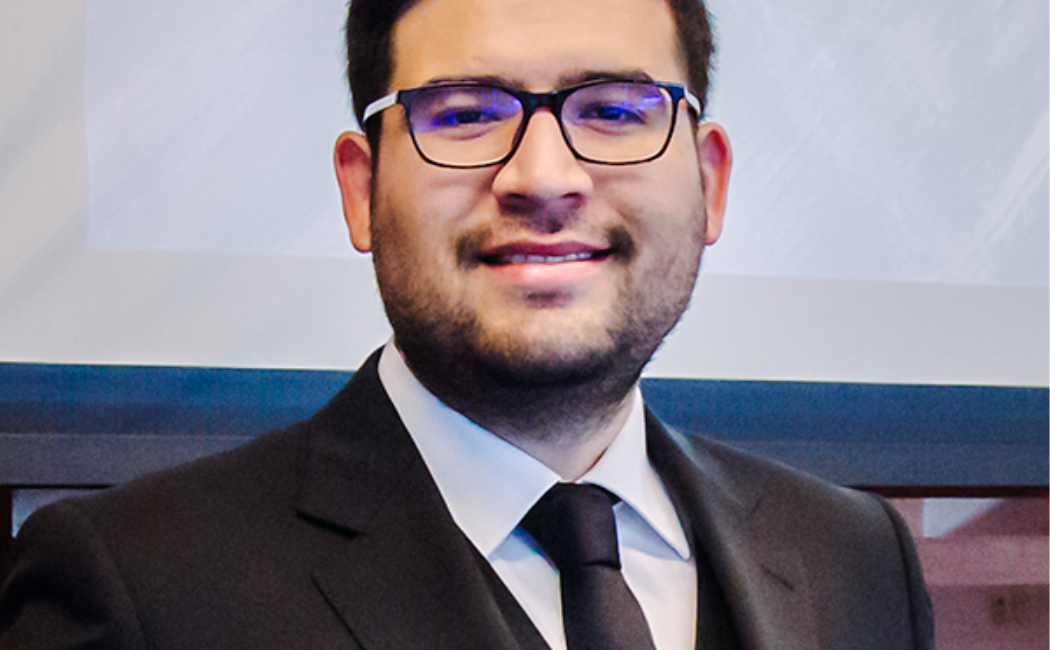Ph.D. Defense: Jorge Rosas

Date: November 11, 2019 | 9:00 - 10:00 a.m.
Venue: Building 4, level 5, Conference Room 5209
“Advancing the Utility of Thermal Remote Sensing in Irrigated Arid-Lands Agriculture”
Abstract:
Increasing populations, shifting demographics and changes in diet are driving increases in crop production. However, any increases in food demand are ultimately limited by water availability, which is under pressure globally, but especially so in arid and semi-arid regions. To address this challenge, spatially distributed information on crop water use, vegetation health, soil moisture status and a range of other water, energy and carbon variables are all required. However, critical to the determination of many of these processes is an accurate characterization of the land surface temperature (LST). The only feasible manner by which to estimate this variable across a range of spatial and temporal scales is using thermal infrared (TIR) satellite data. Here we investigate the estimation of LST, focusing on its accurate retrieval across a range of different spatial scales. First, we examine the influence of atmospheric correction on retrieval accuracy by employing a radiative transfer model and Landsat data using a variety of available atmospheric profile data, with the aim of identifying an optimal product combination for retrieval. Using these results, we then investigate the potential to downscale coarse resolution (O~103 m) MODIS satellite data to scales appropriate for agricultural application (less than O~102 m), using a machine-learning approach. To further advance the downscaling technique, we explore the utility of novel Cubesat data to produce within-field scale (O~101 m) distributions of land surface temperature. Finally, to expand upon the multi-resolution/multi-satellite LST strategy explored here, we examine the capacity of ultra-high resolution (O~10-1 m) thermal imagery from an unmanned aerial vehicle to characterize surface temperature response and behavior, focusing on the retrieval accuracy and diurnal variability of these spatially and temporally varying land surface temperature estimates. The ultimate goal of this research is to advance the utility of LST for agricultural application by providing description and insights into product development, accuracy issues, and identifying some limitations and opportunities of both current and future remote observation platforms.
Bio:
Jorge Rosas studied Engineering Physics at the Monterrey Institute of Technology and Higher Education (ITESM) in Mexico, where he received his undergraduate degree. Jorge spent a year at the Technical University of Munich (TUM) in Germany during his undergraduate studies. He was also a visiting student at the University of Melbourne in Australia after finishing his undergraduate studies. He then received his master's degree in Environmental Science and Engineering from the King Abdullah University of Science and Technology (KAUST) in Saudi Arabia.



